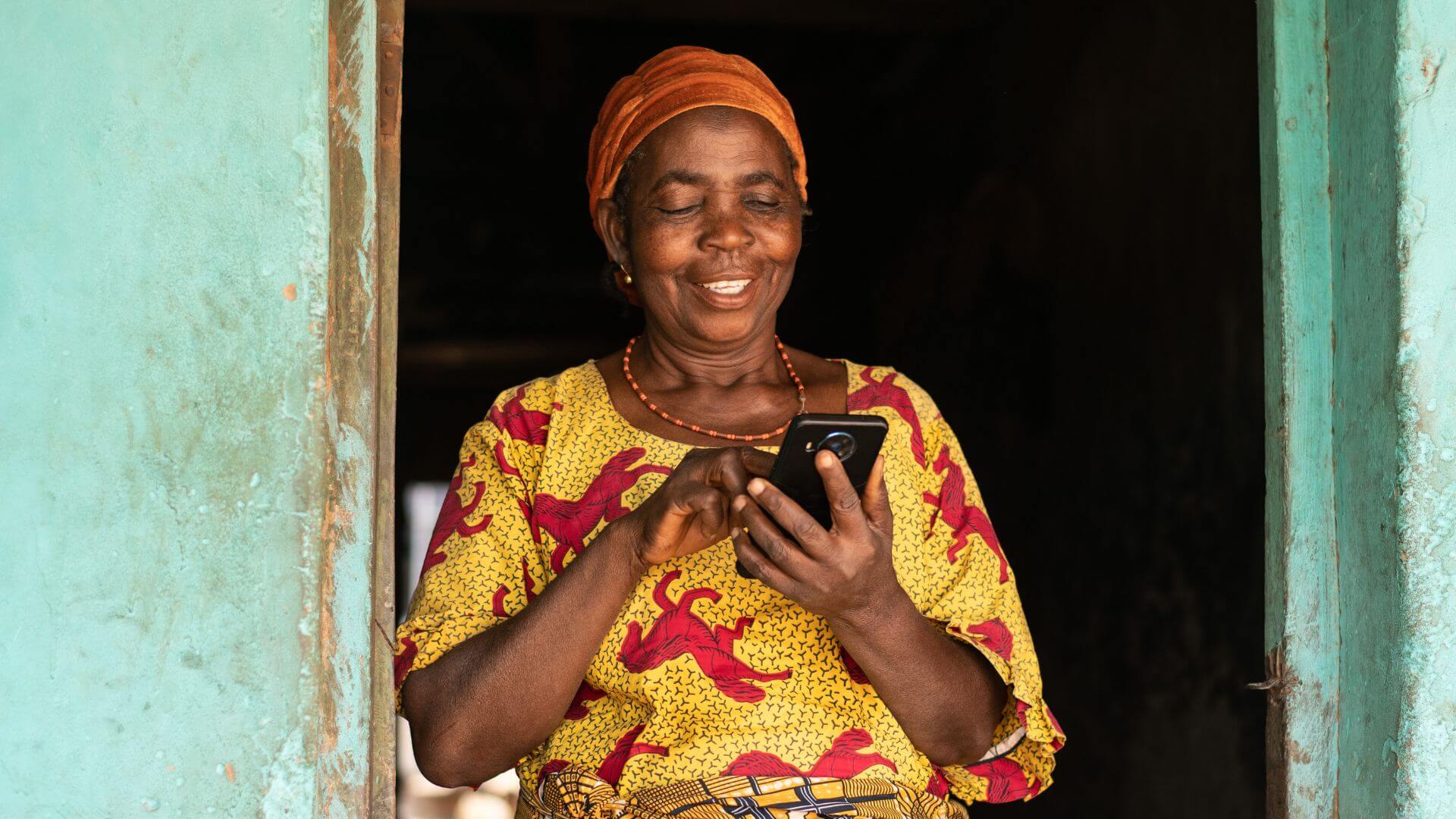23 February, 2024
Access Alert: Advancing pan-African mobile roaming to unlock seamless connectivity and growth opportunities


Digital transformation is accelerating in Africa, driven by the growing adoption of mobile services. According to the World Bank, sub-Saharan Africa had 489 million unique mobile subscribers in 2023, representing a penetration rate of 43%.
The African Continental Free Trade Agreement (AfCFTA) is a landmark agreement that aims to create a single market for goods and services, facilitated by the movement of persons, to deepen the economic integration of the African continent. The agreement covers policy areas such as trade facilitation, services, and regulatory measures, and has the potential to boost intra-African trade, increase competitiveness, and foster industrial development.
The AfCFTA presents major opportunities to advance the telecoms and ICT sector across Africa. This will benefit citizens through lower costs for roaming and mobile services, as well as improved connectivity from cross-border infrastructure. Operators, meanwhile, will benefit from greater economies of scale. Additionally, the AfCFTA can accelerate digital literacy and internet access programs, especially in rural areas. This will enable interoperable mobile money systems across borders, improving financial inclusion.
Here are some more specific ways the AfCFTA could benefit the telecoms/ICT sector and improve connectivity in Africa:
- Reduced roaming charges across borders – The AfCFTA aims to eliminate tariffs on most goods and services traded between African countries. This could enable telecom operators to reduce or eliminate roaming fees for customers travelling between AfCFTA member states.
- Increased infrastructure investment – The AfCFTA could boost cross-border infrastructure projects in the telecoms sector, like terrestrial fibre optic networks connecting different countries and regions. This will improve connectivity and reduce costs.
- Standardised regulations – The AfCFTA encourages regulatory harmonisation between countries, which in telecoms could mean aligning licence regimes, spectrum allocation, and quality of service standards. This makes it easier for pan-African operators to emerge and scale.
- Enhanced digital skills and access – The economic growth and investment facilitated by the AfCFTA could accelerate digital literacy programmes and policies aimed at increasing internet access and adoption, especially in rural areas.
- Development of regional mobile money systems – The AfCFTA enables the interoperability of digital payment platforms across borders. This could allow the rise of mobile money systems that work across multiple African countries.
Ghana’s president, Nana Akufo-Addo, has called on the members of the African Union (AU) to work towards the implementation of a mobile phone interoperability system in Africa. He made this statement at the 37th Ordinary Session of the AU Assembly of Heads of State, which was held on 17-18 February 2024 in Addis Ababa, Ethiopia.
The president stated that this initiative would support the effective implementation of the AfCFTA by lowering or eliminating roaming charges across the continent and enabling seamless communication and transactions among mobile users.
Some efforts have already been made at the sub-regional level to achieve mobile roaming harmonisation, such as the Single Network Area (ONA) project in the Southern African Development Community (SADC) and the implementation of the ECOWAS roaming regulation by Ghana, Côte d’Ivoire, Benin, Togo, Mali, and Burkina Faso.
The interoperability of mobile networks in Africa would not only improve the affordability and accessibility of telecom services but also leverage telecommunications as a tool for economic integration and inclusion in the context of rapid digital transformation. For example, greater interoperability could allow citizens travelling across Africa to access digital government services like visa applications using their mobile devices, as well as bridge the rural-urban digital divide by improving connectivity in underserved areas.
It could also help to harmonise telecom regulations across the continent to support startups and enterprises with regional scale, creating new economic opportunities and jobs. Additionally, seamless mobile connectivity and services help create thriving pan-African hubs for digital innovation and entrepreneurship. In summary, enhanced mobile network interoperability can accelerate digital transformation to drive commercial integration, financial inclusion, equitable access, and robust digital ecosystems across Africa.
Should you wish to learn more about what opportunities the AfCFTA could present your business, and how to go about effectively leveraging those opportunities, please contact Wydeman Coetzee at [email protected].

